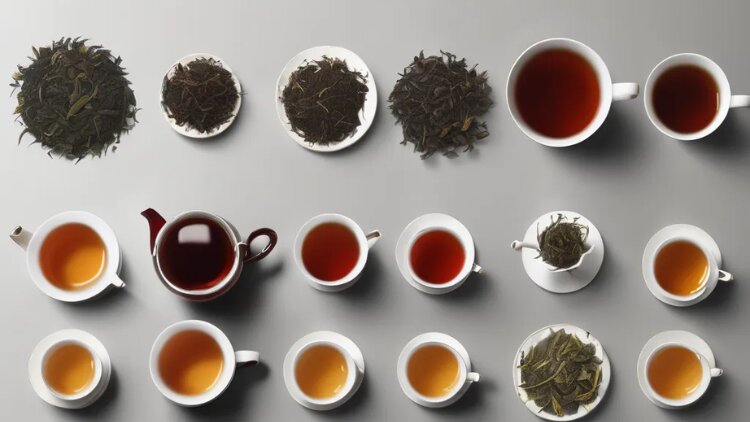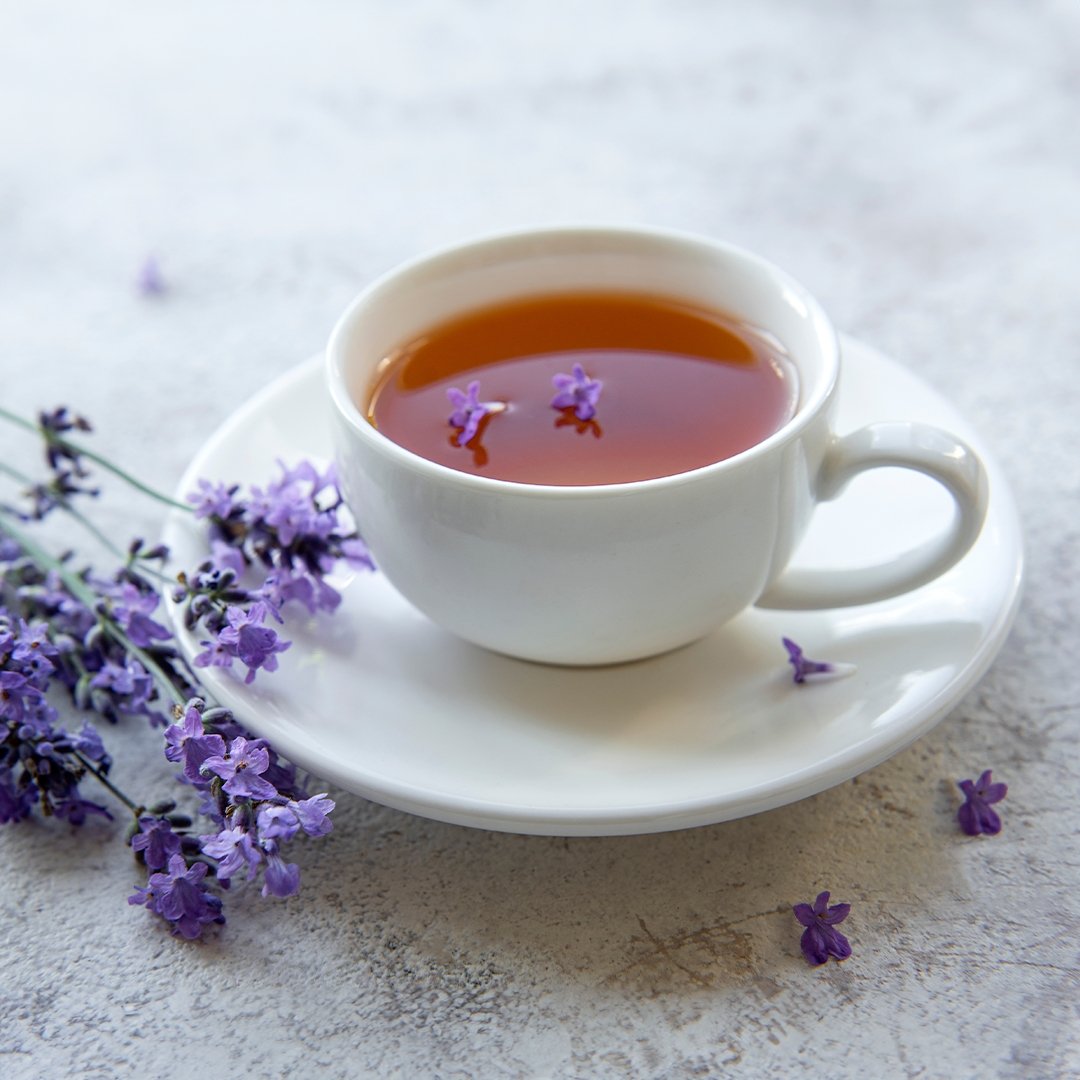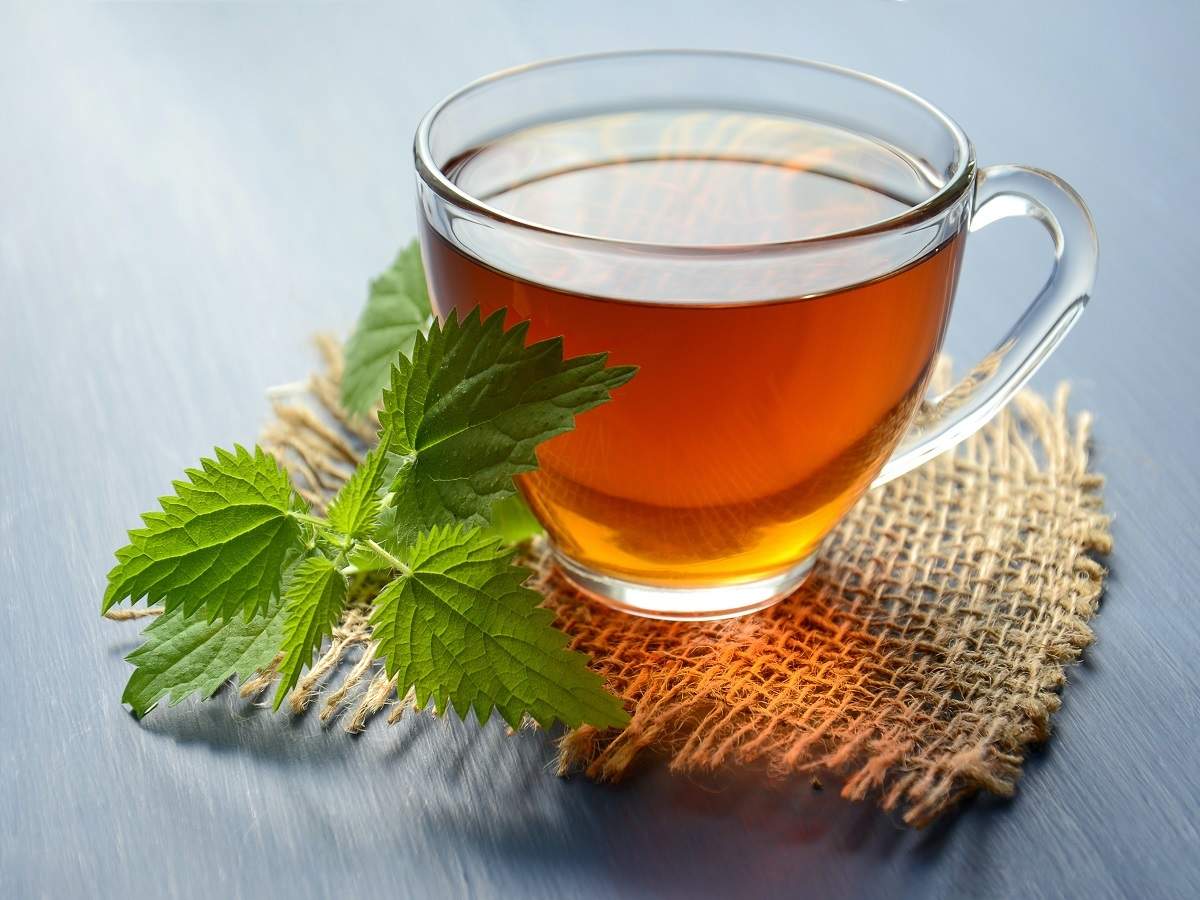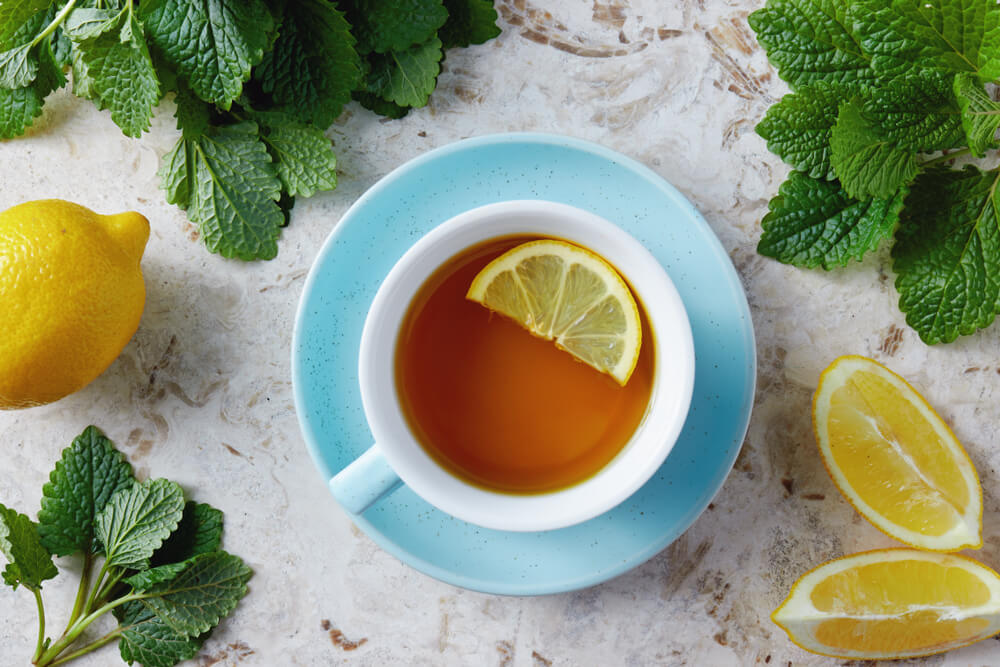DIY Natural Remedies for Stress Relief: Herbal Teas, Aromatherapy
In today’s fast-paced world, stress seems almost inevitable. From tight deadlines to relentless notifications, it’s easy to feel overwhelmed. But what if there was a way to find calm amid the chaos without reaching for prescription pills? Welcome to the soothing realm of DIY natural remedies for stress relief. Whether you’re a seasoned wellness enthusiast or a curious newcomer, exploring herbal teas, aromatherapy, and other natural approaches can offer a refreshing and holistic way to manage stress.
What Are DIY Natural Remedies for Stress Relief?
DIY natural remedies for stress relief are simple, homemade solutions that utilize the power of nature to help alleviate stress and promote relaxation. Unlike over-the-counter medications or prescription drugs, these remedies focus on using natural ingredients and techniques to address stress more holistically. Think of it as a personal wellness toolkit that’s both effective and kind to your body.
Why DIY?
DIY remedies allow you to tailor solutions to your specific needs. You can experiment with different ingredients and techniques to find what works best for you. Plus, crafting your own remedies can be a therapeutic activity in itself, offering a creative outlet that helps you unwind.
Herbal Teas: Sip Your Way to Serenity
Herbal teas have been used for centuries to soothe the mind and body. They’re like nature’s answer to relaxation in a cup. Here are a few popular herbal teas and their stress-relieving properties:
1. Chamomile Tea
Chamomile is renowned for its calming effects. Drinking chamomile tea before bed can help you unwind and prepare for restful sleep. It contains antioxidants that may reduce anxiety and promote relaxation.
2. Lavender Tea
Lavender isn’t just for aromatherapy; its soothing properties extend to tea as well. Lavender tea is known for its calming effects, which can help ease tension and improve sleep quality.
3. Peppermint Tea
Peppermint tea can be incredibly refreshing and soothing. It helps relax the muscles and can alleviate headaches, making it a great choice when stress is causing physical discomfort.
4. Lemon Balm Tea
Lemon balm has a gentle sedative effect, which can help reduce anxiety and improve mood. Its mild lemony flavor adds a delightful twist to your tea routine.
How to Make Your Own Herbal Teas
Making herbal tea is simple and can be a fun DIY project. Here’s a basic recipe:
1. Ingredients:
- Fresh or dried herbs (e.g., chamomile flowers, peppermint leaves)
- Water
- Honey or lemon (optional)
2. Instructions:
- Boil water and pour it over the herbs in a teapot or cup.
- Let it steep for 5-10 minutes.
- Strain the herbs and add honey or lemon if desired.
- Sip slowly and enjoy the calming effects.
Aromatherapy: Scents That Soothe
Aromatherapy is the art of using essential oils to promote emotional and physical well-being. Essential oils are concentrated plant extracts that can be used in a variety of ways to relieve stress and enhance mood.
1. Lavender Essential Oil
Lavender is one of the most popular essential oils for stress relief. Its calming aroma can help reduce anxiety and promote relaxation. You can diffuse lavender oil in your home, add it to a bath, or apply it topically with a carrier oil.
2. Eucalyptus Essential Oil
Eucalyptus has a refreshing and invigorating scent that can help clear the mind and reduce mental fatigue. It’s particularly useful when stress is accompanied by physical symptoms like congestion or headaches.
3. Frankincense Essential Oil
Frankincense is known for its grounding properties. Its rich, earthy aroma can help centre the mind and reduce stress. It’s great for meditation or simply relaxing after a long day.
4. Ylang-Ylang Essential Oil
Ylang-ylang has a sweet, floral scent that can uplift your mood and reduce feelings of anxiety. It’s often used in massage oils or diffusers to create a calming atmosphere.
DIY Aromatherapy Recipes
Creating your own aromatherapy blends is a great way to tailor scents to your preferences. Here’s a simple recipe for a stress-relief diffuser blend:
1. Ingredients:
- 3 drops of lavender essential oil
- 2 drops frankincense essential oil
- 2 drops of bergamot essential oil
- 1 tablespoon carrier oil (e.g., almond oil)
2. Instructions:
- Add the essential oils to a diffuser filled with water.
- Turn on the diffuser and let the calming scents fill your space.
Other DIY Natural Remedies
Beyond herbal teas and aromatherapy, there are several other DIY natural remedies worth exploring:
1. Homemade Bath Salts
Bath salts made with Epsom salt, sea salt, and essential oils can create a relaxing soak that soothes both body and mind. Add a few drops of lavender or chamomile essential oil to your bath for added relaxation.
2. Stress-Relief Roll-Ons
Combine essential oils with a carrier oil to create a portable stress-relief roll-on. Simply apply it to pulse points for a quick dose of relaxation.
3. Calming Face Masks
DIY face masks using ingredients like honey, yoghurt, and soothing herbs can help relax your skin and mind. A mask with chamomile or lavender can be particularly calming.
4. Mindful Breathing Exercises
While not a physical remedy, practising mindful breathing can significantly reduce stress. Combine deep breathing with essential oils or herbal teas for a holistic approach to relaxation.
The Benefits of DIY Natural Remedies
DIY natural remedies offer numerous benefits beyond just stress relief:
- Personalization: You can customize remedies to suit your taste and needs.
- Cost-Effective: Homemade solutions are often more affordable than store-bought products.
- Control: You control the quality of ingredients, ensuring they’re free from synthetic additives.
- Mindfulness: The process of making remedies can itself be a calming, mindful practice.
Conclusion: Embrace the Power of Nature
DIY natural remedies for stress relief, such as herbal teas and aromatherapy, offer a gentle and effective way to manage stress. By incorporating these practices into your daily routine, you can create a personalized approach to relaxation that not only soothes your mind but also nurtures your body. So why not give it a try? Experiment with different herbs, essential oils, and techniques to discover what brings you the most peace. Your journey into DIY natural remedies might just lead you to a new favourite ritual for finding calm in the chaos of life. Embrace the power of nature, and let it guide you toward a more serene and balanced existence.
If you’re curious to learn more, dive deeper into the world of natural remedies. Explore new recipes, techniques, and ingredients that can enhance your well-being. The world of DIY natural remedies is vast and filled with opportunities to discover what works best for you. Happy experimenting!







Comments
Post a Comment